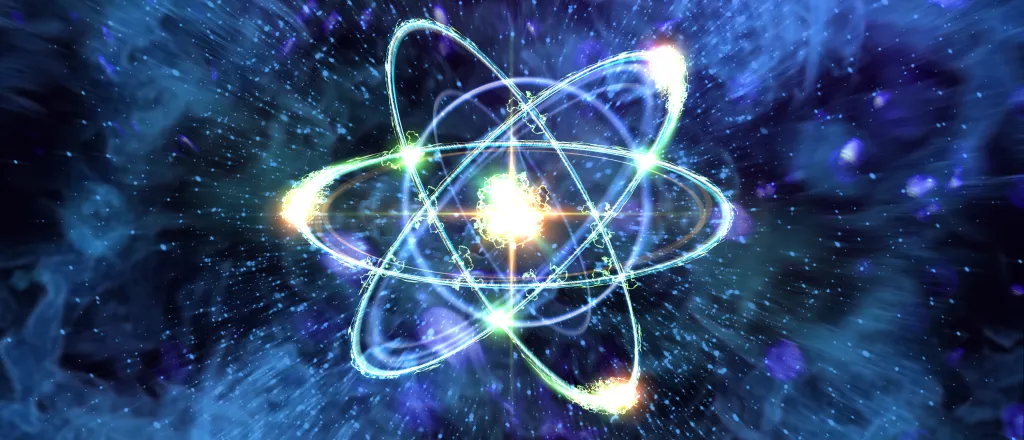
'Atomic Bamboozle' documents 'false promises' of new nuclear tech
(Oregon News Service)A film premiering this week tackles the potential harms of the nuclear industry.
Portland State University professor emeritus Jan Haaken directed the documentary "Atomic Bamboozle: The False Promise of a Nuclear Renaissance."
The film draws on historical lessons from the campaign to shut down the Trojan Nuclear Power Plant in Rainier, Oregon. The plant closed in 1992.
Haaken said the nuclear industry is promoting a new design concept known as small modular reactors, or SMRs. Her initial interest in SMRs was about how the industry would handle waste.
"Many of us were very attuned to the fossil fuel problem," said Haaken, "but not so much nuclear that had kind of repackaged itself as clean, cheap and promising."
Haaken said her film also focuses on areas beyond waste - such as claims the new technology is safer even as the industry pushes to streamline the regulatory process, its financial viability, and risks of proliferation.
The film premieres Sunday in Portland and also includes a speakers panel.
Executive Director of Columbia Riverkeeper, Lauren Goldberg, said the nuclear industry has positioned the sector as a solution to climate change. But she noted that experts aren't convinced the technology can be deployed fast enough to combat the crisis.
Goldberg said the industry has its eye on the Northwest, although a proposal for SMR technology at the Hanford Nuclear Site in Washington was withdrawn last week.
"For example, in the case of the proposed SMR at Hanford," said Goldberg, "the waste would have just sat along the Columbia for an unspecified amount of time, potentially hundreds of years or more. That's been what's happened with other now-defunct nuclear facilities."
Haaken said nuclear technology that has not been completely fleshed out is not a good bet for the country's energy future.
"I would put my money on renewables and engineers that are trying to figure out the grid problem and ways of developing conservation," said Haaken. "Rethinking our approach to energy with the technologies we have."

















